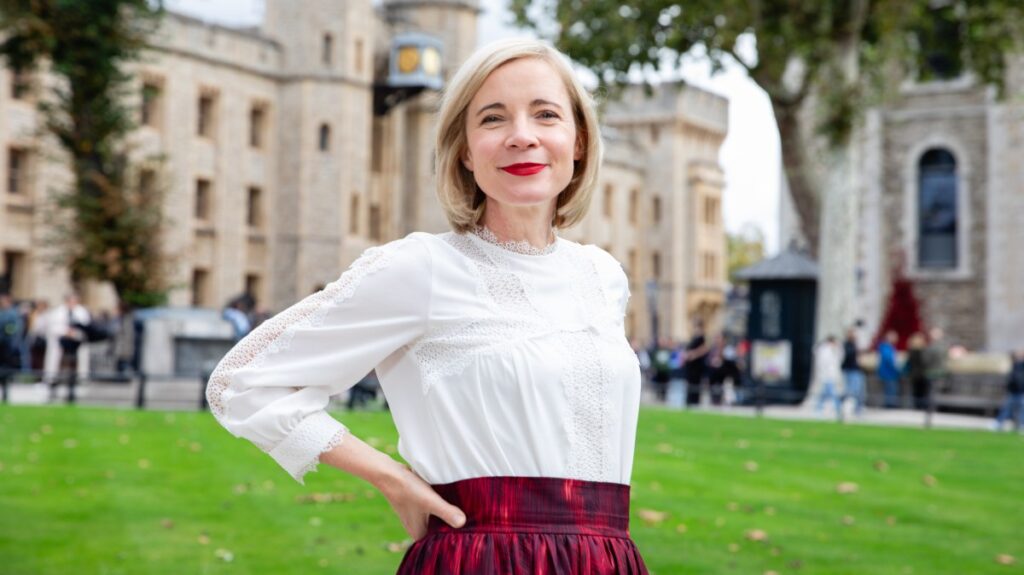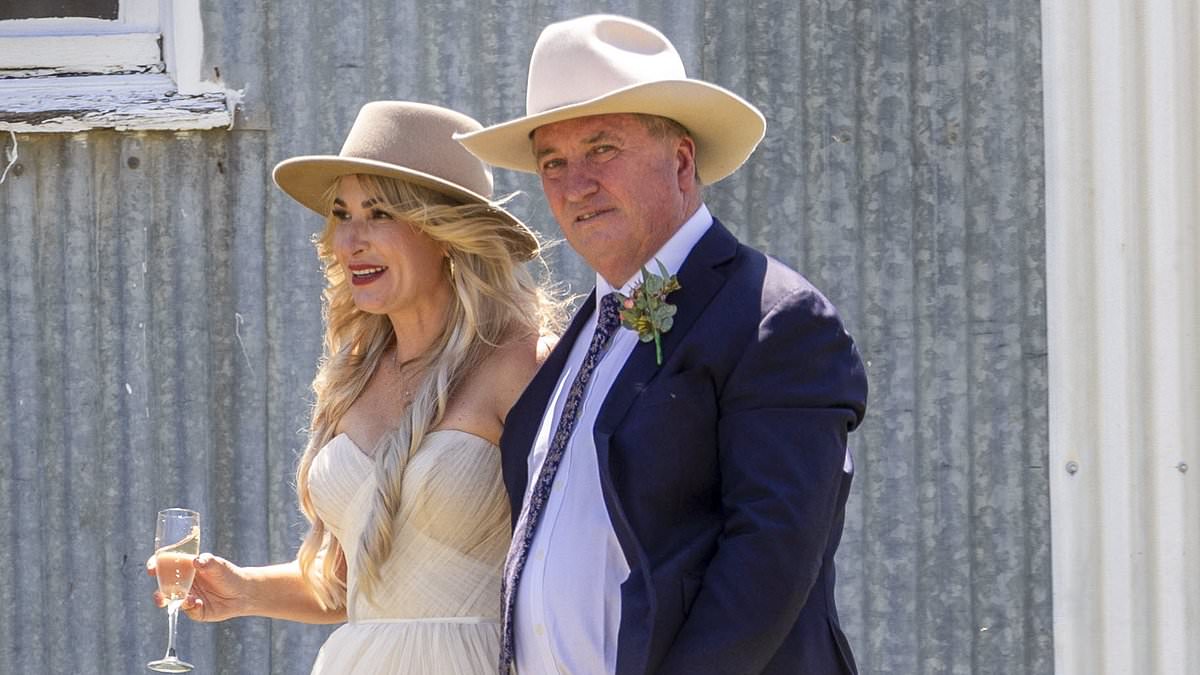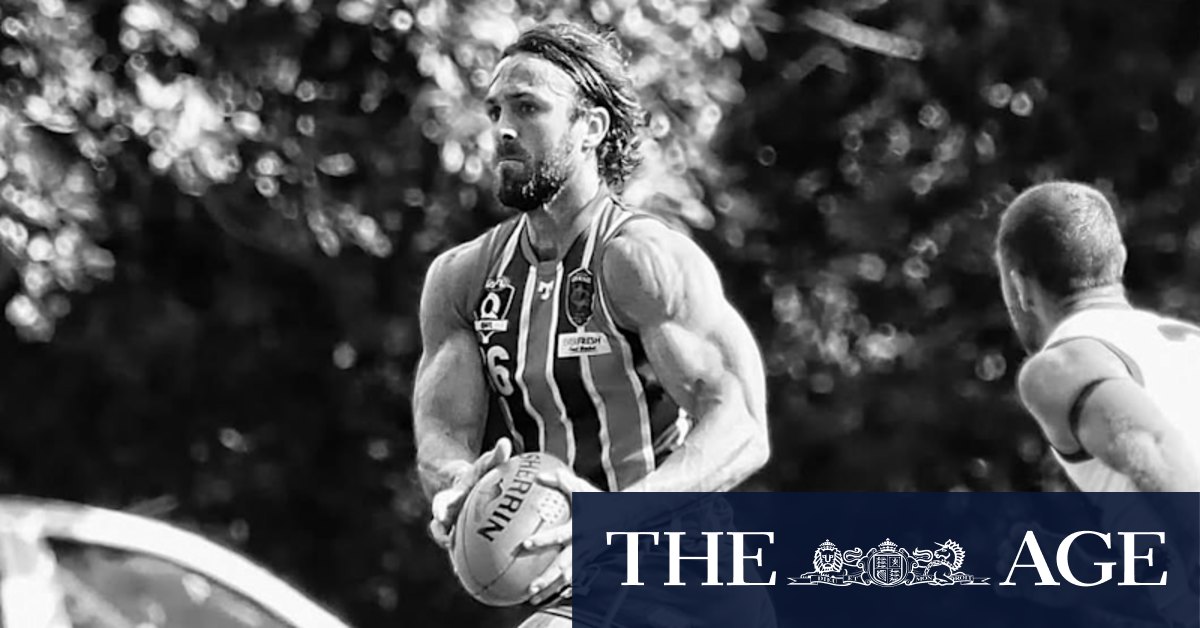
Lucy Worsley, the renowned historian and television presenter, is lending her star power to a groundbreaking initiative: a national competition to find Britain’s best history teachers. The finals, set for next year, will see Worsley and a panel that includes The Times writer Sathnam Sanghera selecting the winners. This initiative underscores the vital role of engaging history teachers, a category Worsley herself might well belong to.
Within moments of sitting down for an interview, Worsley humorously attempts to persuade her interviewer and photographer of her supposedly large nostrils, a self-deprecating trait she often uses to entertain. Her humor and humility shine through as she reflects on her career, stating,
“I think I’m overvalued by contemporary society. I was in the right place, at the right time, with the right gender and color.”
The Path to Prominence
Worsley’s rise to prominence in the world of television and history is marked by her impressive portfolio—over 50 television series and documentaries in the past 16 years. Despite her success, she attributes much of it to timing and societal shifts, noting the transition from male-dominated historical narratives to more diverse voices. She acknowledges,
“I was very lucky.”
Her humility is striking, especially considering her academic and professional achievements, including a first from Oxford, a PhD, and an OBE. Yet, she emphasizes the importance of diversity and opportunity within the arts, a field she describes as underfunded and undervalued.
Challenges in the Arts and Education
Worsley’s departure from Historic Royal Palaces last year sparked discussions about diversity within the arts. She candidly addresses the challenges faced by the sector,
“It’s a hard field to enter because it’s not valued widely by society.”
She highlights the importance of funded bursaries and internships to support those without wealthy backgrounds.
Her passion for history education is personal. Worsley recalls her own school days, where a memorable history teacher, Mrs. D’Arcy, ignited her interest in the subject. This experience fuels her commitment to the Inspiring History Teaching Awards, encouraging nominations for inspiring educators.
The Importance of Historical Context
Worsley’s work often revisits historical figures, like Henry VIII, to engage modern audiences. She describes Henry VIII as the “marijuana of history”, a gateway to deeper historical exploration. Her approach aims to make history relevant to today’s world, a sentiment she extends to the role of historians in shaping national identity.
Moreover, Worsley touches on societal issues, such as childcare, drawing parallels to historical attitudes toward women in the workforce. She cites Agatha Christie’s 1921 interview, where Christie’s role as a writer was questioned in relation to her duties as a mother, a bias Worsley argues persists today.
Looking Forward: AI and History
As the conversation shifts to the future, Worsley expresses optimism about the role of AI in education. While acknowledging the potential for AI to become the new history teacher, she believes history provides critical skills that transcend technological advancements.
“Studying history has its own value… it teaches you the skills of gathering evidence, making an argument, and using your judgment.”
Her enthusiasm for new technologies is tempered by a historical perspective, recognizing that moral panics often accompany technological advancements. Worsley remains committed to her work, balancing her prolific career with personal interests, like gardening, inspired by a conversation with comedian Frank Skinner.
In conclusion, Lucy Worsley’s reflections on her career, the arts, and education reveal a deep commitment to making history accessible and relevant. Her initiatives aim to inspire the next generation of historians and educators, ensuring that history remains a vital part of our cultural and educational landscape.







